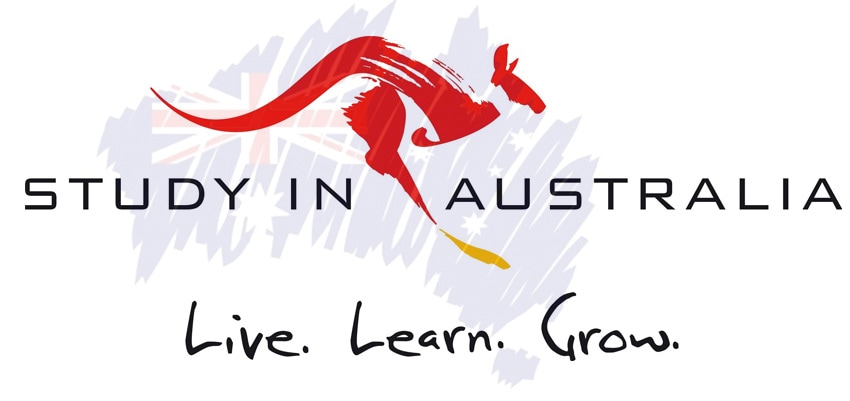StudyAbroad: The talent shortage is acute in the IT and data science ecosystem in India with a survey claiming that 95 percent of engineers in the country is not fit to take up software development jobs.
According to a study by employability assessment company Aspiring Minds, only 4.77 per cent candidates can write the correct logic for a program -- a minimum requirement for any programming job.
Over 36,000 engineering students from IT related branches of over 500 colleges took Automata -- a Machine Learning based assessment of software development skills -- and over 2/3 could not even write code that compiles.
The study further noted that while more than 60 per cent candidates cannot even write code that compiles, only 1.4 percent can write functionally correct and efficient code.
"Lack of programming skills is adversely impacting the IT and data science ecosystem in India. The world is moving towards introducing programming to three-year-old! India needs to catch up," Aspiring Minds CTO and Co-Founder said.
The employability gap can be attributed to rote learning based approaches rather than actually writing programs on a computer for different problems. Also, there is a dearth of good teachers for programming, since most good programmers get jobs in industry at good salaries, the study said.
Also Read: Russia: a popular destination for Engineering
TOP UNIVERSITIES IN RUSSIA TO STUDY ENGINEERING
Why Indian students choose Russian medical schools
Finding the perfect university for your international study experience? Check out Aliff Overseas Consultants comprehensive list of universities, colleges, and programs abroad.
Request a call from us and get FREE guidance from our experts today! or call us on 9987099890 Or register on our website:- http://www.aliffoverseas.com







